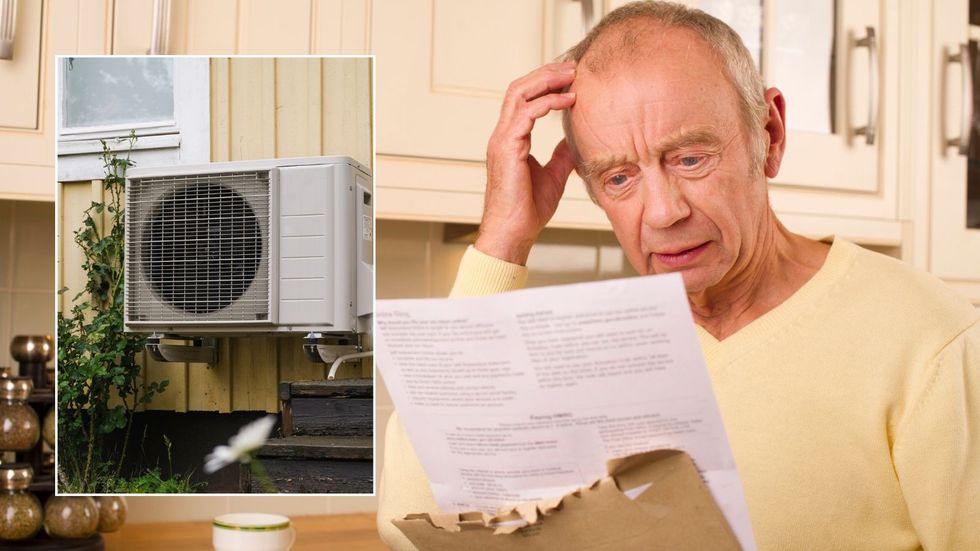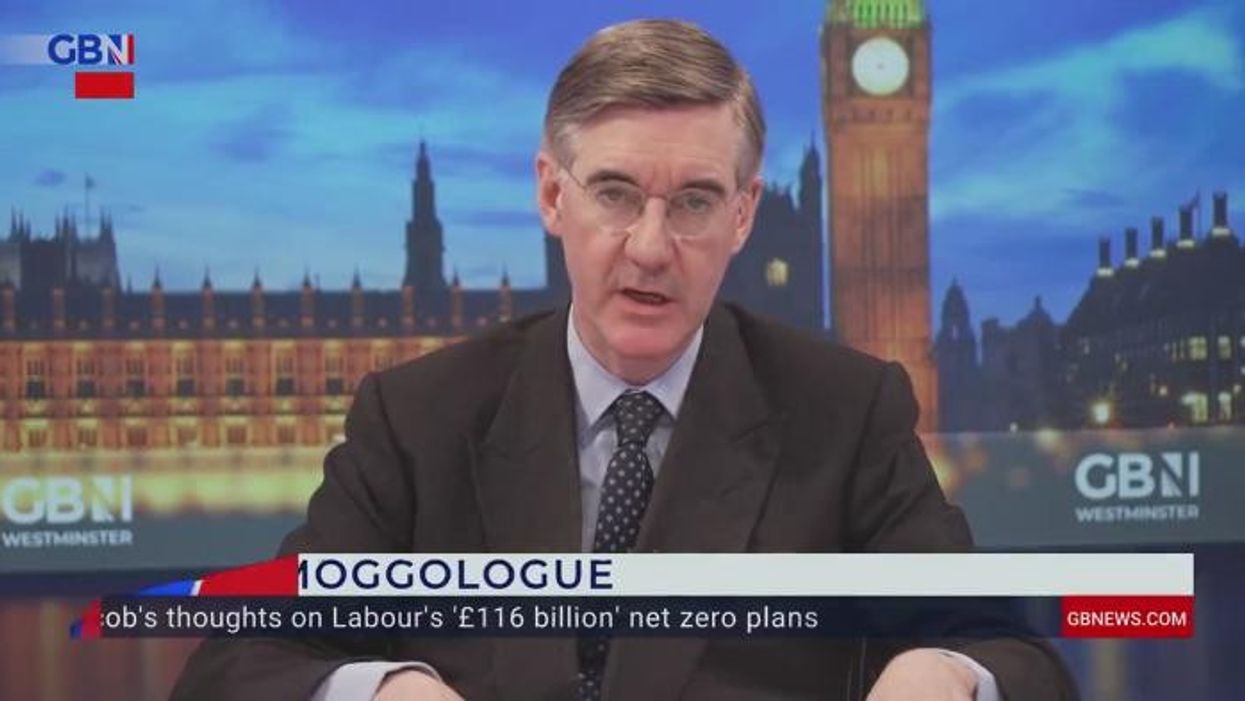UK faces ‘energy trilemma’ as heat pump scheme fails to hit targets: ‘Only for the wealthy!’
The Boiler Upgrade Scheme was introduced two years ago to help with the rollout of environmentally-friendly heat pumps but consumer uptake has been weak
Don't Miss
Most Read
Trending on GB News
The Government’s Boiler Upgrade Scheme (BUS), which covers the cost of transitioning households onto heat pumps, has been slammed by critics who say “only the wealthy can apply”.
Mike Foster, the CEO of Energy and Utilities Alliance (EUA), exclusively told GB News that the UK is in the midst of an “energy trilemma” which has been exacerbated by the failed initiative’s rollout.
“Energy trilemma” references the issue the current and future Government face in bringing energy bills down long-term, successfully reaching Net Zero and making sure the country has energy security.
This criticism of the Boiler Upgrade Scheme comes after Ofgem figures published today showed the initiative was unable to meet its targets for the second year in a row.
The energy regulator, which administers the scheme, said £88.8million was paid out in 2023/24 from a budget of £150million.
Money not used for BUS is returned to the Treasury. The scheme paid out £51million last year, which is only a third of its target.
Do you have a money story you’d like to share? Get in touch by emailing money@gbnews.uk.

The heat pump rollout scheme is failing, according to experts
GETTY
Lord Callanan, Minister for Energy Efficiency and Green Finance, previously said “demand for heat pumps is soaring”, however today’s figures show the up-take falls short of the target.
Foster explained: “Despite literally throwing money at the scheme, once again the Minister has failed to deliver on his key plank of energy policy. Last year, the excuse was the scheme was new.
“Half-way through this year, faced with dismal numbers, the Minister doubled down by increasing the cash handout from £5,000 to £7,500. Yes, applications picked up but not enough to hit their own target.”
According to Foster, the “reluctance” of consumers to switch to heat pumps is primarily due to the device’s extortionate cost especially at a time when “there is other things they can do with their spare cash”.
He added: “The scheme’s design is flawed, with only the wealthy capable of applying for the subsidy. The average cost of installing a heat pump, under the scheme, is £13,300 so with the subsidy of £7,500 the applicant still needs to find £5,800 themselves.
“I’m sure the average taxpayer, struggling to pay their own energy bills, is far from happy to be subsidising the well-off to make a lifestyle choice.”
Last year, the Government raised the subsidy from £5,000 to £7,500 which suggests fewer heat pumps are being installed, according to Foster.
Only 18,900 heat pumps were installed between May 2022 and December 2023 under the BUS, which is under half of the projected 50,000 installations.
Comparatively, 1.5 million new gas-fired boilers, albeit older models. However, households could have chosen heat pumps instead. This is a far cry from the 600,000 installations a year the Government wants to reach by 2028.
By contrast about 1.5 million new gas-fired boilers were installed, mostly to replace worn-out models, even though homeowners could have chosen heat pumps instead.
Next year, the target for the heat pump rollout will be cut to only 20,000 units. While Nordic countries have been successful in adopting heat pumps into their country’s energy framework, Foster believes it “risky” to the UK to these nations.
He is urging the Government to have a “sensible debate” about the alternative Net Zero options for energy which will also bring costs down for consumers.
LATEST DEVELOPMENTS:
 Martin Lewis is urging people to contact their energy supplier if they are struggling with energy debt PA
Martin Lewis is urging people to contact their energy supplier if they are struggling with energy debt PAFoster believes households should have the option to keep their gas-combi boiler if they are able to use zero carbon gas.
Government ministers have claimed that applications for the Boiler Upgrade Scheme have soared by 75 per cent since the subsidy was raised to £7,500.
Lord Callahan said: “Our boosted £7,500 grants are helping people create a warm home and lower their emissions.
“And with applications up 75 per cent, it’s clear our approach is hugely popular with many families.”
GB News has contacted Ofgem and the Department for Energy, Security and Net Zero (DESNZ) for comment.









